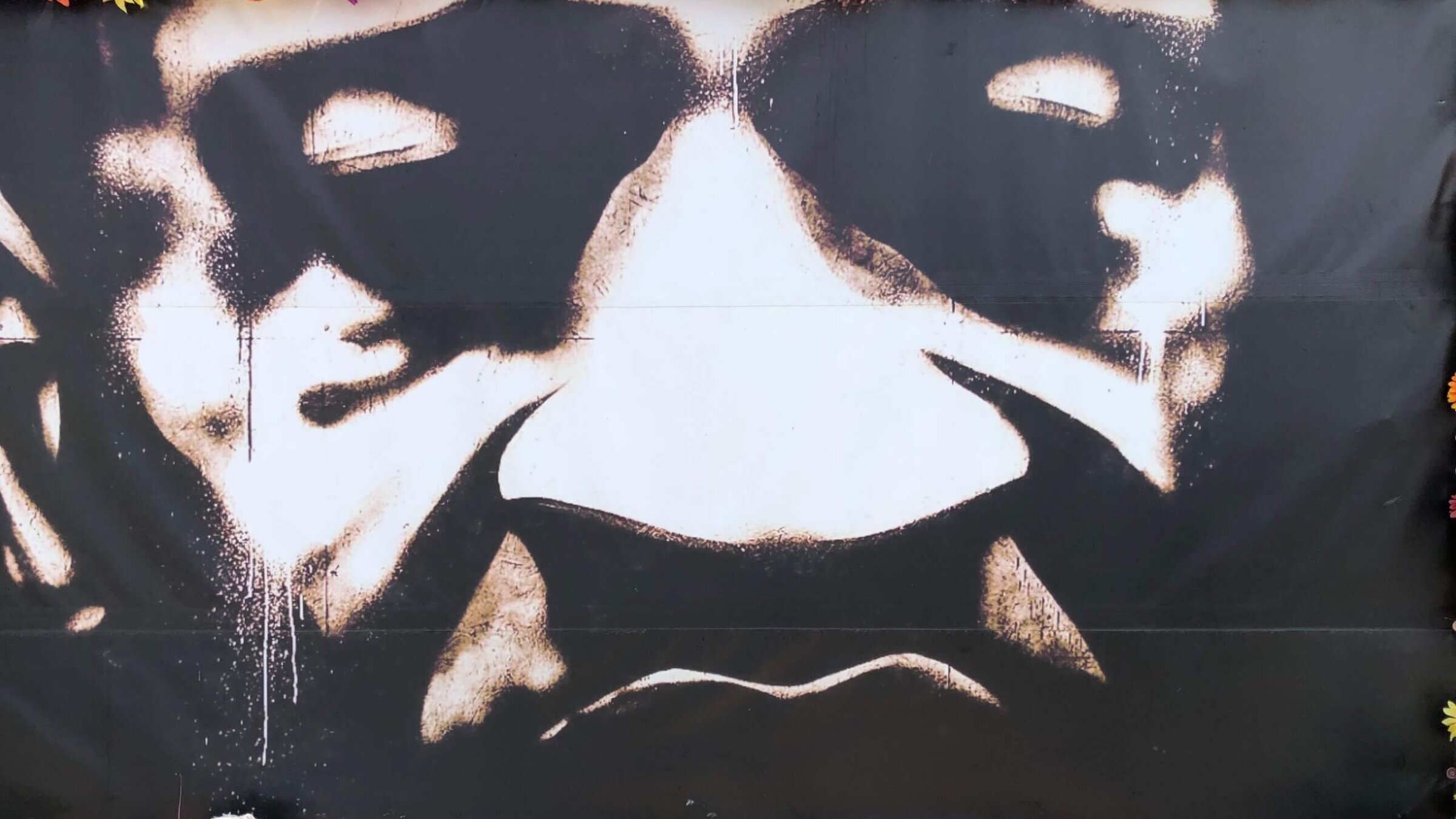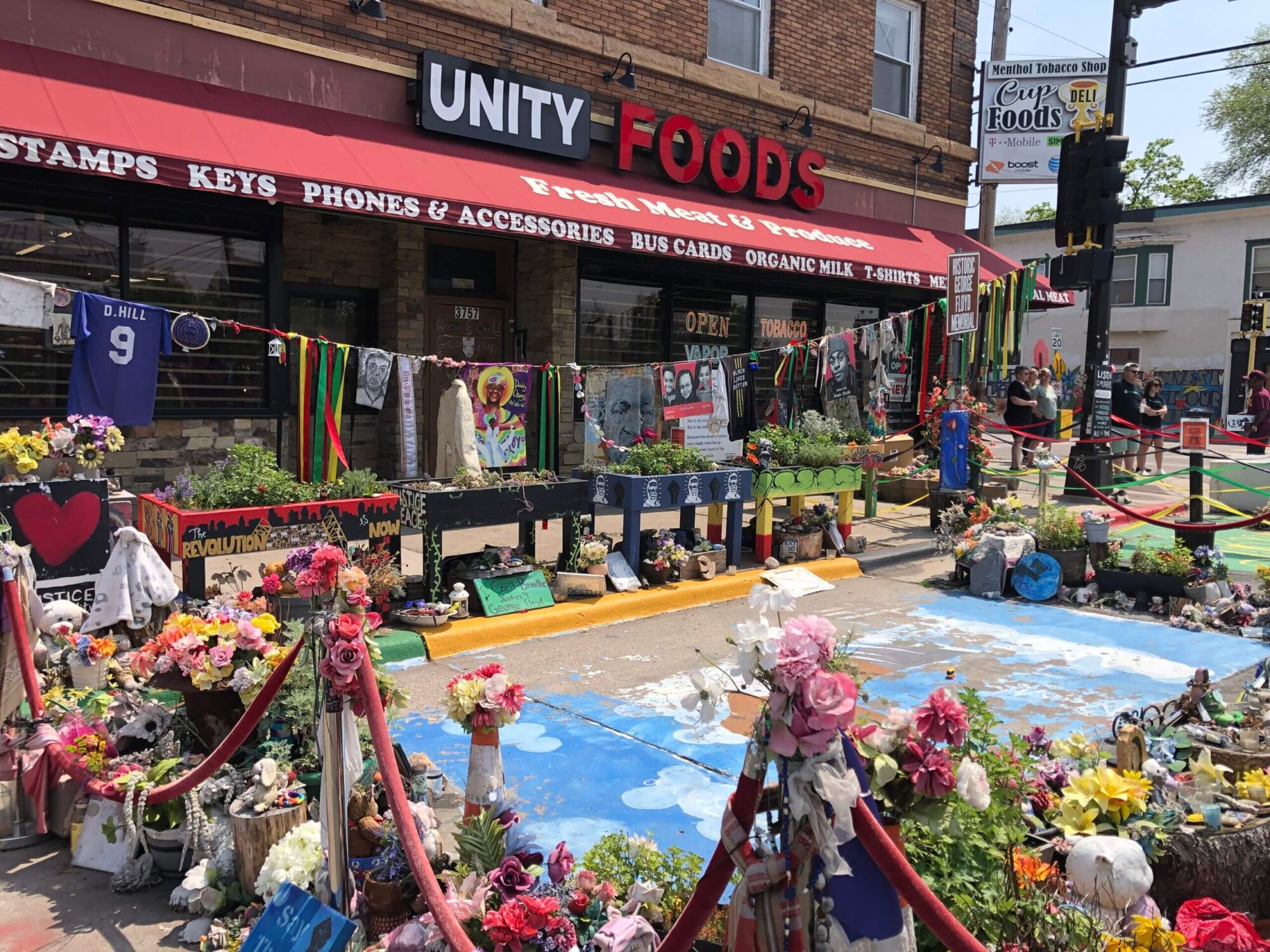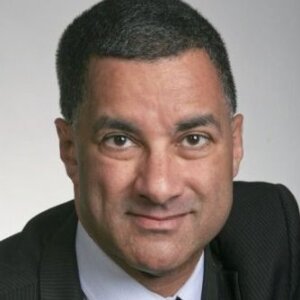On the anniversary of George Floyd’s murder, DEI is under attack
What part of diversity, equity or inclusion could any decent human being possibly be against?

A mural of George Floyd at the Minneapolis street corner where he died, now officially George Floyd Square, is continuously adorned with flowers. Photo by Robin Washington
GEORGE FLOYD SQUARE, MINNEAPOLIS — Three years ago today, George Floyd (z”l) was murdered by police on this street corner. As anyone remotely aware of current events knows, the world changed in an instant with the video of a white police officer nonchalantly suffocating a Black man to death in front of shocked onlookers begging him to stop.
That change was called America’s reckoning on race, with vows from every corner of society to right, once and for all, the injustices to African Americans never fully addressed since slavery’s end.
One way to accomplish it was through a surge of hiring of professionals in diversity, equity and inclusion — DEI — by public and private entities. Job openings in DEI rose by 55% in the months following Floyd’s death, according to the Society for Human Resource Management.
So three years later, where are we? Those jobs are now being cut, with the attrition of DEI professionals at 33%, compared to 21% for non-DEI roles, according to Revelio Labs, a research firm that analyzes workforce trends.
Worse, the very work they do is under attack, along with the words “diversity,” “equity” and “inclusion” — now cast as pejoratives by right-wing political leaders. Last week, Florida Gov. Ron DeSantis signed legislation prohibiting state colleges from spending money on DEI programs, which DeSantis called “discrimination, exclusion and indoctrination.”
Iowa, Missouri, Texas and South Carolina are following suit. The University of Wisconsin is also curtailing DEI in its recruiting efforts after the Republican State Assembly speaker threatened to cut funding, claiming that the programs “indoctrinate” students at taxpayer expense.
The news from Wisconsin hits particularly close to home: Last year, I took a DEI certificate course at the University of Wisconsin and I don’t remember being indoctrinated. But I did learn a lot about cultures other than my own, even after living the dualities of a racial and religious minority member my entire life.
Attacks on attempts to improve the lives of Black people after 350 years of slavery and oppression aren’t new, including attacks on language. A generation ago, the phrase “politically correct” was co-opted from its original meaning of inclusiveness and respect to derisively mock expedient tokenism. More recently, “critical race theory,” which was originally legal doctrine taught in law schools, has been falsely and deliberately redefined as an ideology posing a danger to grade schoolers.

I’ll give up on those as lost causes, but not yet DEI: Exactly what part of diversity, or equity, or inclusiveness, could any decent human being possibly be against?
Being a decent person is what George Floyd’s death was all about. Decent human beings, including police, don’t block the airways of a person crying for breath on the street, or allow their colleagues to do so or shoo away people attempting to intervene. Nor do they make laws to block the most minimal efforts to fix things.
Decent people do respect sacred spaces, however, which the Minneapolis corner of 38th Street and Chicago Avenue has become, still adorned with flowers and memorials where Floyd’s life left him. I’ve visited it every few months since the murder, the last time this Sunday, noting the various businesses and community projects coming and going over the years.
One, on the building overlooking where he died, is adorned with signs up since last fall, optimistically announcing an enterprise “coming soon.”
I hope it does, and that it stays.





















